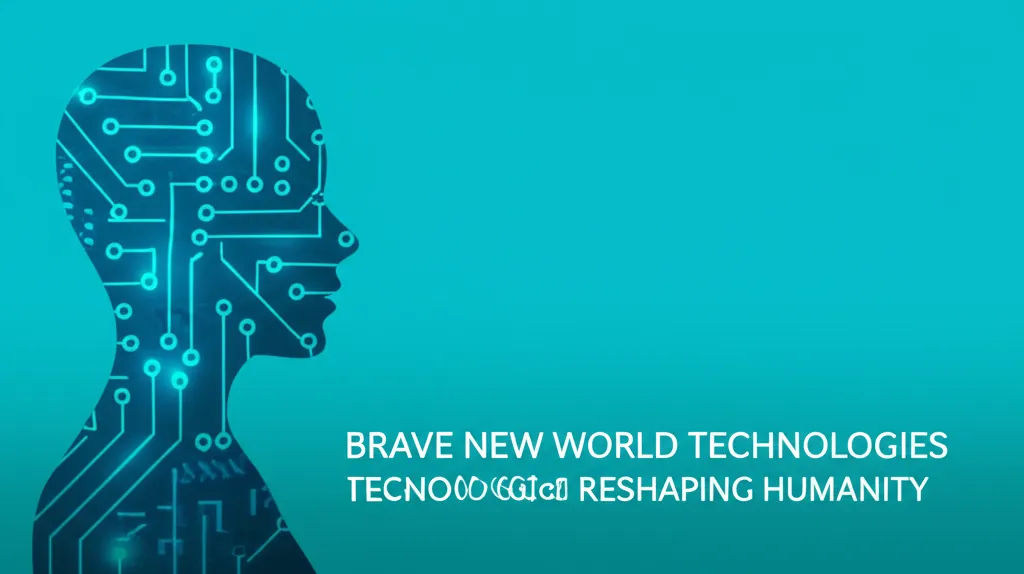How ChatGPT History Led To A Students Arrest
A Costly Mistake and an Unusual Confession
Did you know your ChatGPT history isn't as private as you might think? Much like a Google search, your conversations can be logged and reviewed. Many users assume their chats with AI are confidential, but a recent case involving a college student proves that this assumption can have serious consequences. We've been warned that AI chat logs could be used in legal cases, and now we're seeing it happen.
 Ryan Joseph Schaefer mugshot (via Springfield Police Department)
Ryan Joseph Schaefer mugshot (via Springfield Police Department)
The Vandalism Spree and Digital Trail
According to a report from Yahoo!, 19-year-old Ryan Joseph Schaefer was arrested in connection with the vandalism of 17 vehicles at a Missouri State University parking lot. The alleged damage included shattered windshields, torn-off side mirrors and wipers, and dented hoods. The total financial damage is still being calculated but is expected to be significant.
The key piece of evidence that led to his arrest was found on his phone. Investigators discovered a ChatGPT conversation where Schaefer allegedly described the damage he had caused and then asked the AI if he could go to jail for it. This digital trail provided a direct link for police.
Legal Repercussions and A Modern Warning
The answer to his question, it turns out, is a resounding yes. This case is a powerful reminder that any digital query, whether on Google, social media, or an AI platform like ChatGPT, can be used as evidence. Schaefer is now being held in the Greene County Jail and faces up to four years in prison if convicted.
It serves as a critical lesson for everyone in the digital age: be mindful of what you write and search for online. Your digital footprint is more permanent and accessible than you might realize. And if you find yourself in legal trouble, it's probably best to consult a human lawyer, not an AI.


